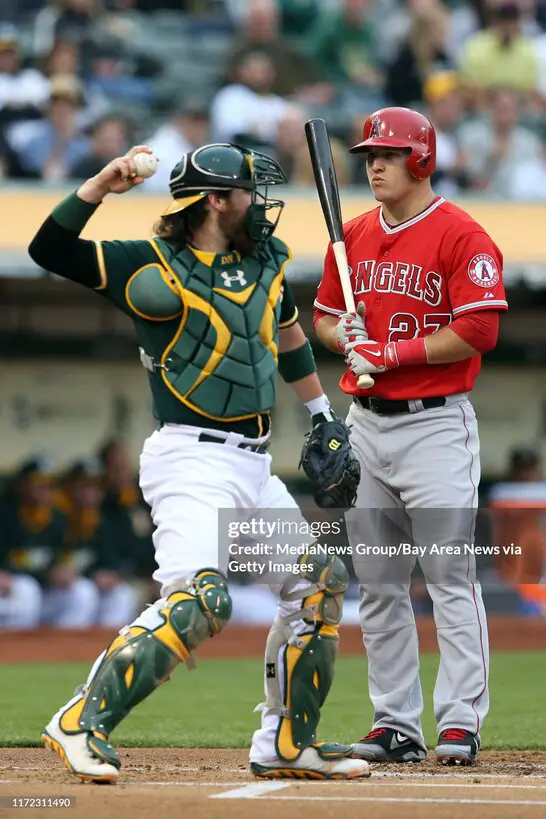Why do Catchers Throw to Third After a Strikeout? The Origin Story

Why do catchers throw to third after a strikeout?
This custom actually does go far back into the 19th century and appears to have originated shortly after pitchers went to throwing overhand, when working counts to achieve a strikeout became common.
Instead of batters typically putting a ball into play on the first strike, keeping the fielders busy, the count would go much deeper, especially when as many as nine balls were required for a walk (which continued to be the case in some amateur ball long after the four-ball walk became standard in pro ball.)
Waiting out long pitcher and batter duels gave infielders a lot more time to fall asleep, and it gave their arms a lot more time to cool off during an inning, increasing the risk of injury when they suddenly had to make a snap throw.
Catchers did not yet wear anything like modern equipment, or work anywhere near as close behind the batter, so dropped third strikes were quite common.
On a dropped third strike the catcher would throw to first, as they do today, but on a caught third strike would throw to third base to give the infielders a mid-inning warm-up and to avoid misleading the umpire.
What difference did the latter make?
Quite a lot, if the umpire imagined that the catcher had dropped the ball, and the first baseman - who also played with nothing resembling today's "lobster claw" glove - missed or booted the throw.
If the third baseman missed or booted the throw, there was no harm done and the left fielder got to toss the ball once too.
That's a Wrap!
Hopefully you learned something new with this article! If you have any questions or comments, please feel free to reach out to us.
Scott Perry
Scott Perry is the owner and lead author at Catchers Home. He's a former baseball player, a current coach, a husband and a Dad. He remains as passionate about baseball today as he was as a kid.

